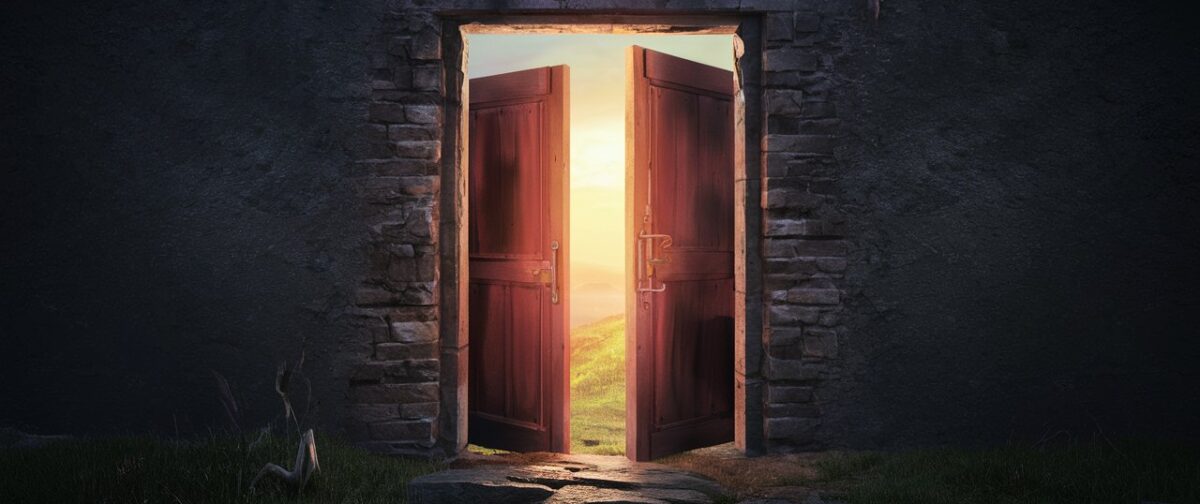
During my years of teaching teenagers, I have learned an important principle about trying to teach or otherwise foster knowledge in the world:
When teaching, those doing most of the mental work during your lesson are the ones doing most of the learning.
By this principle, if you want to teach something, then it is best to put them, not you, in the driver’s seat. To do so, position them to do most of the mental work during your lesson.
For example, take a classroom setting. In a lecture, the teacher does the most work: talking and thinking about how to explain things. Students are left with the mostly passive activity of listening (sometimes with some mild active activities like taking notes). ‘
Thus, lectures are designed to teach teachers, not the students, which is exactly backwards from what is supposed to do. I remember hearing this from many presenters: the act of preparing and then giving a presentation teaches them so much about the topic than anyone from their audience will ever be able to glean from it. This is because they are the ones doing most of the mental work.
This is similar in a workplace environment: presentations are one of the worst approaches to teach anything. If you want someone to learn or reflect on something you yourself have learned, it might be helpful to pause to reflect:
| How did I learn this material, and how can I replicate that process during the time I have? |
| What kind of environment or activities would work to have my participants explore the activity on their own? How can I produce that kind of environment? |
These would likely give you ideas for how to make interactive lessons where your participants, not you, are doing most of the active thinking.
In regular conversations, the principle applies the same. If you are talking with someone about a life problem, have them do most of the talking or other forms of thinking. In my experience, too many people interject and go into a type of lecture mode when they sense they have something to teach someone.
Not only do you not always have something to “teach” when only hearing a few short sentences about someone’s life, but more importantly, even if you do have something to teach, asking questions to get them to think it through themselves is almost always a better way to teach that thing. As you ask questions and hear them out, you can get them to come to your suggestion on their own terms.


